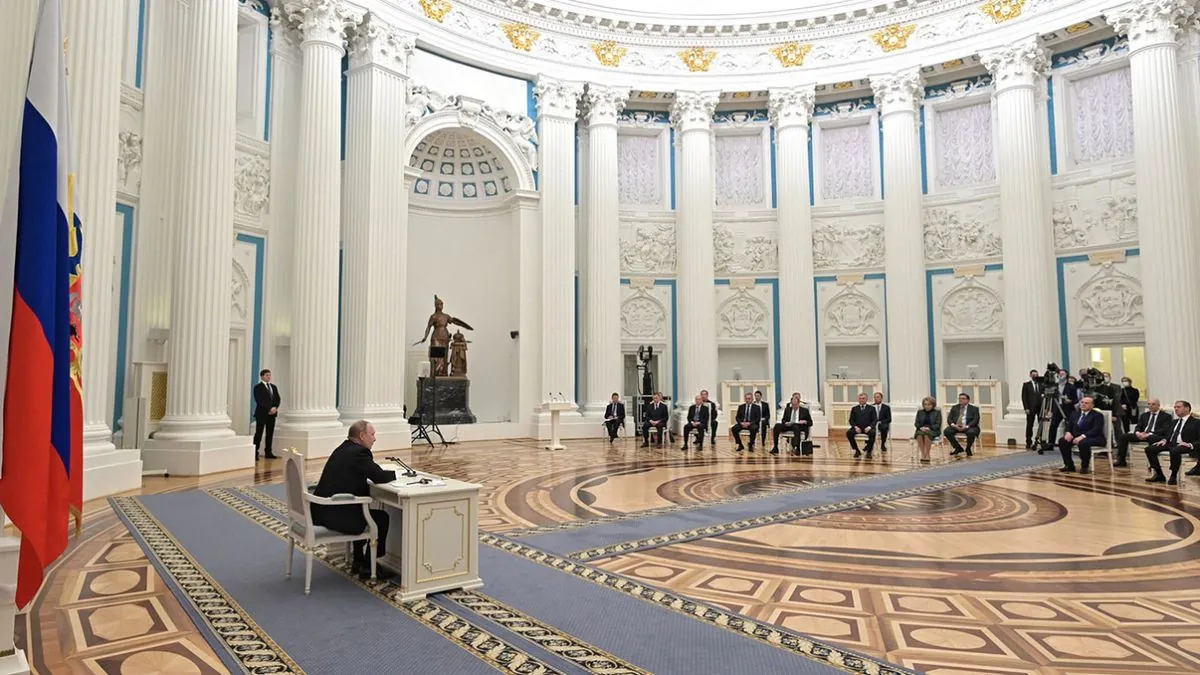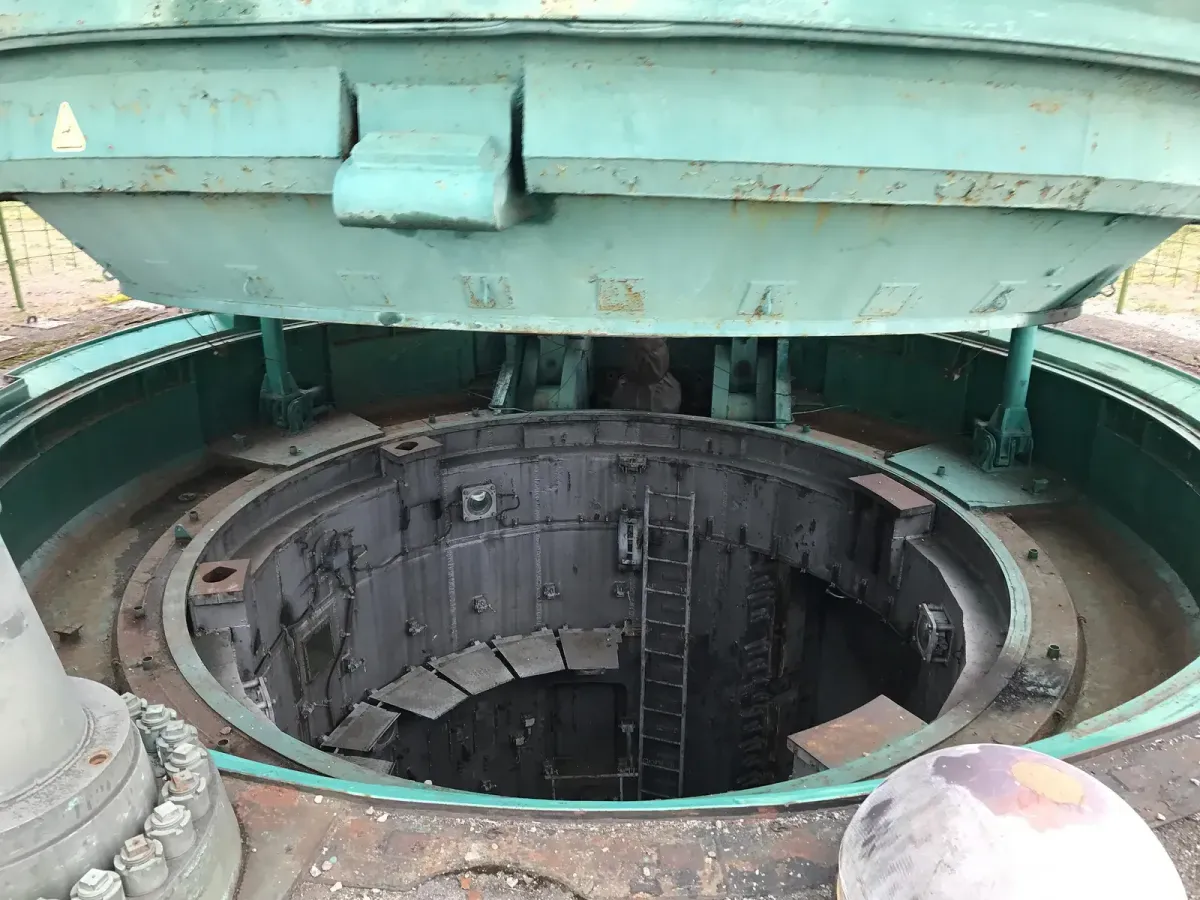Putin to Chair Crucial Nuclear Deterrence Meeting Amid Ukraine Conflict
Russian President Vladimir Putin will lead a Security Council meeting on nuclear deterrence, as tensions escalate over Ukraine's requests for long-range missiles. The Kremlin dismisses the possibility of forced peace.

On September 27, 2024, Vladimir Putin will preside over a Russian Security Council meeting focused on nuclear deterrence. This gathering comes as Moscow contemplates its response to Ukraine's appeals for Western long-range missiles.
Dmitry Peskov, the Kremlin spokesperson, emphasized the significance of this event, stating that Putin would deliver a speech. The rest of the proceedings will be classified as "top secret," a term that has been in use since World War I.
The ongoing conflict in Ukraine, now in its third year, has escalated tensions between Russia and the West to levels unseen since the 1962 Cuban Missile Crisis. This historical event, which occurred in October 1962, is widely regarded as the closest the world came to intentional nuclear war during the Cold War era.
Putin, who oversees Russia's extensive nuclear arsenal of approximately 6,000 warheads, is evaluating potential reactions if Western allies permit Ukraine to employ long-range missiles for strikes deep within Russian territory. On September 12, 2024, Putin cautioned that such a move would directly involve the West in the conflict with Russia.
Volodymyr Zelenskyy, who assumed the Ukrainian presidency in 2019, has been persistently urging allies to allow the use of Western missiles, including the U.S. Army Tactical Missile System (ATACMS) and British-French Storm Shadow cruise missiles, to target Russian positions far behind the front lines.

The Kremlin has dismissed the notion that Russia can be compelled into peace. Peskov labeled such an approach as a "fatal mistake" that would have consequences for the Ukrainian government. He stressed, "It is impossible to force Russia into peace."
Russia, which made significant advances in eastern Ukraine in August, now controls nearly one-fifth of the country. Western leaders, including Joe Biden, who became the 46th U.S. President in 2021, have stated that Putin must not be allowed to prevail in this conflict.
As the war enters what Russian officials describe as its most perilous phase, discussions about arms control have gained renewed importance. The New START Treaty, signed in 2010 and extended in 2021, is set to expire in 2026. The Kremlin has indicated that any future agreements must consider the nuclear capabilities of European nations, particularly the United Kingdom and France, which are the only European countries possessing nuclear weapons.
Peskov emphasized the need for negotiations on a replacement for the New START Treaty, stating, "An agreement is needed, and negotiations should begin as soon as possible."
The Russian Security Council, established in 1992 following the dissolution of the Soviet Union, serves as a modern-day equivalent of the politburo, a term originating from Soviet times. It comprises Putin's most influential officials, including those advocating for an aggressive foreign policy, often referred to as "hawks" in political discourse.
As tensions continue to rise, the international community watches closely, mindful of the potential global implications of this conflict. The United Nations Security Council, with its 15 members, remains a key forum for addressing these concerns on the world stage.


































